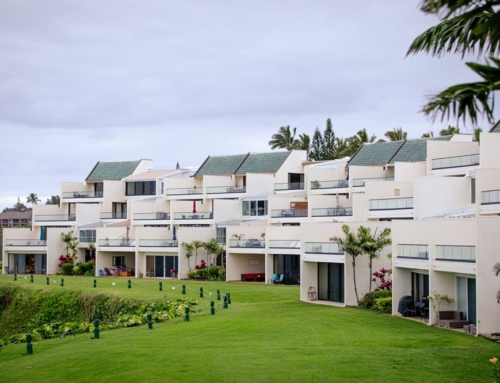Evaluate the pros and cons of renting versus home ownership before considering withdrawing from your 401k to pay for a home down payment.
Q: My husband is considering taking part of our 401k after we retire and cashing it in. He wants to use that money as a large down payment on a home.
It wouldn’t be a very expensive house, but he is talking about putting $50,000 down so that we can own the house inexpensively and pay the same as we would pay to rent a house.
We will both 66 and 67 when we do this. I am not sure this is a good idea because we will have to pay a lot of taxes on the withdrawal from the 401k, even though we won’t be working and Social Security will be our only source of income. Neither one of us has a retirement pension.
What do you think of this scenario? I would like to rent but don’t want to move several times when we are old and the people are ready to sell. We will still have money in other IRAs and 401ks. We love Ilyce’s radio show and hope you have some advice for us.
A: When deciding whether to rent or buy a home, you need to make sure that the comparison you’re making is fair. If you decide to buy a home, you’ll have acquisition costs including closing fees and title policy expenses, along with transfer taxes and other loan costs and expenses. You won’t have any of those expenses if you decide to rent a home.
Homeownership has other expenses as well. You’ll have to pay for the maintenance and upkeep of the home. These costs may include air-conditioning and furnace costs (we just replaced our compressor after 13 years), roof replacement, repainting of the exterior of the home, sump pump replacements (we just replaced ours and the backup sump pump and the ejector pump this week), appliances and other maintenance costs. You usually don’t have these expenses when you rent a home.
On the other hand, there are financial benefits in owning a home, such as the federal mortgage interest and property tax deductions, or other local tax credits and deductions. And, you have the benefit of calling the home yours, knowing that no one can decide to sell it out from under you.
From a financial decision – not an emotional one – you need to see which solution is best for your pocketbook. While you indicated that you want to put down a large down payment on a home so that your monthly expenses would approximate your rental expenses, you need to consider all the other expenses that go into owning a home.
When you mentioned putting a large down payment down, you need to also understand that the money you put down won’t work for you in your retirement.
If your home appreciates in value over time, then your home will also be a good investment. But that sort of return on investment is quite different from having that money invested in a savings account, dividend stock or other income-producing asset. You may still prefer to have the money invested in the home, but you should still consider other investments, and the potential return you might receive on them, as you consider your options.
If after doing all of these cost comparisons, you decide that buying a home with a huge down payment is the right choice, you need to think carefully about the tax implications.
Liquidating your 401k will increase your income by $50,000 in one year. With your social security income and other income you might have, that amount could significantly impact your marginal tax rate. That would leave you with a substantial tax bill to pay when you liquidate your 401k account all at once rather than a bit over time.
If you have an accountant, you might want to sit down with him or her and see what impact this move would have on your taxes. If you were to withdraw $10,000 this year and you’d end up only paying a small percentage of that money in taxes, you’d have a baseline number to see what would happen if you withdrew all the money.
Conceivably, on $50,000, you could have to pay up to $10,000 in federal and state income taxes. You would have to determine if the withdrawal along with the tax hit was still worth it.
In looking over your situation, you have to prioritize your desires to have your own home, but you need to also see what homes are available out there that might suit your needs. We have family friends that never believed in buying a home and rented the same apartment for thirty years. While renting isn’t for everyone, many people appreciate the benefits of having a landlord take care of the maintenance and other ownership issues.
Thanks for listening and let us know what you decide to do.






Leave A Comment